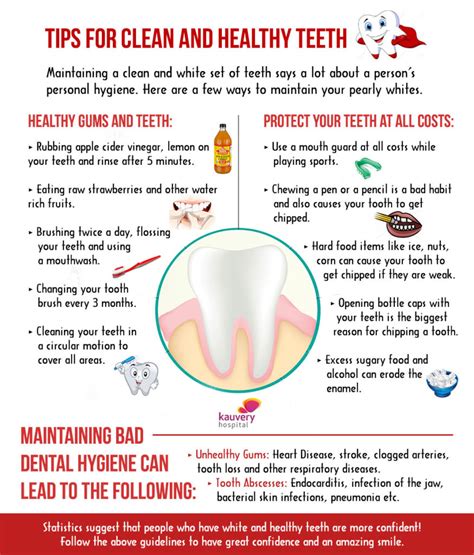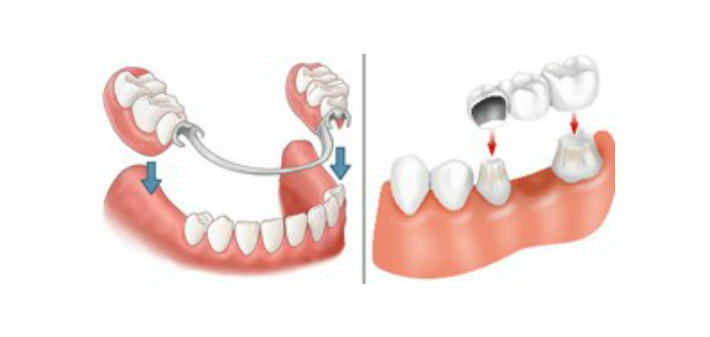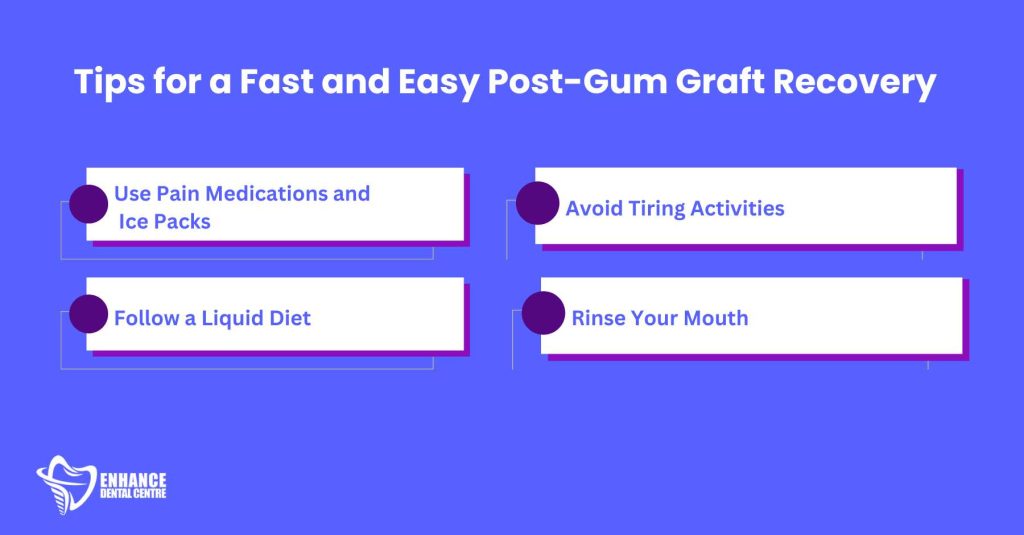11 Enamel Protection Tips For Stronger Teeth

Maintaining strong and healthy teeth is a lifelong pursuit that involves a combination of good oral hygiene practices, a balanced diet, and regular dental check-ups. One crucial aspect of oral health that is often overlooked is enamel protection. Tooth enamel, the hard, outer layer of the teeth, plays a vital role in safeguarding the teeth against decay, sensitivity, and damage. When enamel is compromised, it can lead to a myriad of dental issues, including cavities, tooth sensitivity, and even tooth loss. Given the importance of enamel in maintaining oral health, it is essential to understand the best practices for protecting it. Here are 11 enamel protection tips that can help you maintain stronger teeth.
1. Practice Good Oral Hygiene
Regular brushing and flossing are foundational to maintaining good oral health and protecting tooth enamel. Brush your teeth at least twice a day with a fluoride toothpaste and a soft-bristled toothbrush. Pay special attention to the areas where the teeth and gums meet. Flossing once a day helps remove food particles and plaque from between the teeth and under the gumline, areas that a toothbrush cannot reach. This helps prevent the buildup of plaque, which can lead to enamel erosion and decay.
2. Limit Sugary and Acidic Foods
Consuming foods and drinks high in sugar and acid can significantly compromise tooth enamel. Sugary substances feed the bacteria in the mouth, leading to the production of acids that can erode enamel. Similarly, acidic foods and beverages, such as citrus fruits, vinegar, and soda, can directly erode the enamel. Limiting the intake of these substances or rinsing your mouth with water after consumption can help mitigate their harmful effects.
3. Use a Straw
When consuming acidic beverages, such as soda or sports drinks, using a straw can help minimize contact between the liquid and your teeth. This simple practice can reduce the risk of enamel erosion. However, it is crucial to remember that the best way to protect your teeth is to limit or avoid these drinks altogether.
4. Chew Sugar-Free Gum
Chewing sugar-free gum after meals can stimulate the production of saliva, which helps neutralize acids and remineralize teeth. This can be a useful practice in environments where brushing your teeth immediately after a meal is not feasible. Look for gum that carries the American Dental Association (ADA) Seal of Acceptance, which indicates that the product has met the ADA’s standards for safety and effectiveness.
5. Monitor Your pH Levels
The pH level in your mouth can significantly impact your tooth enamel. A more acidic environment can lead to enamel erosion. Certain foods, drinks, and even conditions like gastroesophageal reflux disease (GERD) can affect the pH balance in your mouth. Being mindful of these factors and taking steps to maintain a healthy pH balance can help protect your enamel.
6. Avoid Over-Brushing
While brushing your teeth is essential, over-brushing or using a hard-bristled toothbrush can wear away tooth enamel. Always use a soft-bristled toothbrush and gentle circular motions to clean your teeth. It is also recommended to replace your toothbrush every three to four months or sooner if the bristles become frayed.
7. Get Regular Dental Check-Ups
Regular dental check-ups are crucial for maintaining oral health and identifying any issues early. Dentists can provide personalized advice on enamel protection, detect early signs of enamel erosion, and offer treatments such as fluoride varnishes to strengthen teeth.
8. Stay Hydrated
Drinking plenty of water helps keep your mouth moist and stimulates saliva production. Saliva is a natural protector of tooth enamel as it contains minerals like calcium and phosphate that can help repair and strengthen enamel.
9. Consider a Mouthguard
If you participate in sports or activities that could result in mouth injuries, wearing a mouthguard is essential. A mouthguard can protect your teeth from physical damage, which could otherwise lead to chipping or cracking of the enamel.
10. Avoid Grinding and Clenching
Teeth grinding and clenching, also known as bruxism, can put excessive pressure on the teeth, leading to enamel wear. If you find yourself grinding your teeth, especially at night, consider using a mouthguard designed for this purpose. Reducing stress through relaxation techniques can also help alleviate bruxism.
11. Eat Enamel-Friendly Foods
Certain foods can help strengthen tooth enamel. Dairy products like milk and cheese contain calcium, which is essential for healthy teeth. Crunchy fruits and vegetables, such as apples and carrots, can help clean your teeth naturally and stimulate saliva production. Incorporating these foods into your diet can contribute to stronger, healthier teeth.
What are the primary causes of tooth enamel erosion?
+The primary causes of tooth enamel erosion include the consumption of acidic foods and drinks, poor oral hygiene, and conditions that affect saliva production. Regular exposure to these factors can weaken and wear away the enamel, leading to sensitivity and increased risk of tooth decay.
How can I strengthen my tooth enamel naturally?
+Natural enamel strengthening can be achieved through a diet rich in calcium and vitamins, regular fluoride exposure, and good oral hygiene practices. Foods high in phosphates, such as meat, eggs, and fish, can also help remineralize teeth. Additionally, avoiding sugary and acidic foods and drinks can prevent enamel erosion.
Can tooth enamel be restored once it's damaged?
+While tooth enamel cannot regrow naturally, there are treatments that can help restore and strengthen it. Fluoride treatments, for example, can help remineralize and harden tooth enamel. In cases of significant enamel loss, dental procedures such as bonding, crowns, or veneers may be necessary to protect the tooth and improve its appearance.
By integrating these enamel protection tips into your daily routine, you can significantly reduce the risk of enamel erosion and maintain stronger, healthier teeth. Remember, prevention and early intervention are key to ensuring long-term oral health and a beautiful smile.



